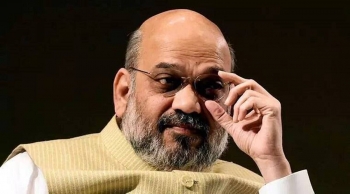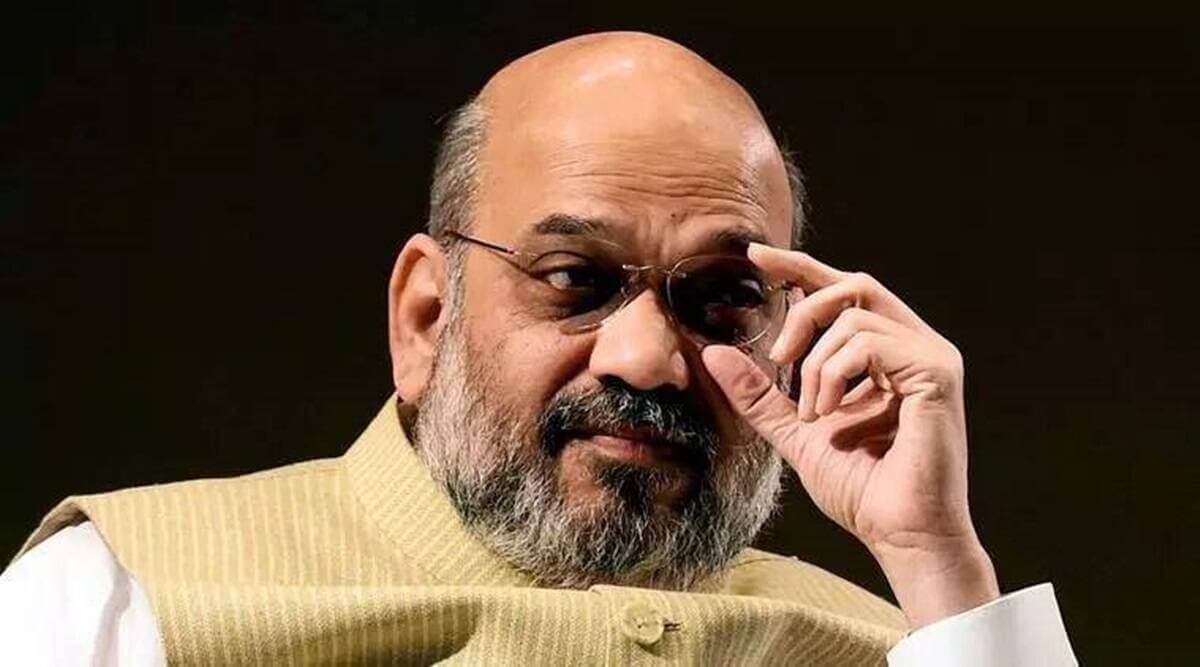
.jpg) Jose Vattakuzhy
Jose Vattakuzhy

The Central Government recently announced the setting up of the Ministry of Cooperatives as a part of the reshuffling of Ministries. Previously, the cooperatives were the subject of the States, and at the Centre it was attached to the Ministry of Agriculture. The new move leads to apprehensions and confusions among the millions of members of 1600 Cooperative Banks and more than 50,000 Cooperative Credit Societies in India.
The doubt on the Government’s move to shift cooperatives to corporate companies has been escalating by seeing the draft guidelines of the Reserve Bank regarding the “Issue and regulation of share capital and securities -- Primary (Urban) Co-operative Banks ‘’
Before and post-independence, the country has witnessed great interventions of cooperatives in the society, especially in villages, to help eradicating poverty.
In sociological analysis, cooperatives were ideal initiatives for the abolition of poverty and the empowerment of marginalized people. The cooperatives were instrumentals in securing food security and catalysts in the management of natural resources for the betterment of the environment. These credit societies were included in Tribal & Scheduled People’s Cooperatives, Fisher People's Cooperatives, Farmers' Cooperatives, Workers’ Cooperatives, Health Cooperatives, Consumer Cooperatives, Housing Cooperatives, Agrarian Cooperatives, Water Cooperatives, Insurance Cooperatives, Electricity Cooperatives, Rural Cooperatives, and so on.
India is mostly an agrarian society, with more than half of its people living in villages. Rural sector is the major provider to the total GDP and cooperative societies are occupying a significant role in the economy. Studies show that cooperatives cover more than 97 per cent of villages and it extends to the urban area too. Presently, all the cooperatives are run by its members with the help of the State governments as per the needs of communities, for which the cooperatives have been initiated.
The cooperatives feel that the State’s role as a facilitator is to encourage informal workers’ initiatives in finding out solution to their economic backwardness. Thus, in such cooperatives, the principles of voluntarism, democracy, participation, independence, the possibilities to get training or skill developments and concern for social issues, etc. would be practiced.
Within the co-operative initiatives, workers’ co-operatives are formed by the producers who may be from agriculture fields or industrial sectors and even from the service area. When people come together to produce goods or for marketing under the banner of a cooperative, it employs majority of its members. At present, these cooperatives hold majority of the shares – at least 51 per cent -- according to existing cooperative Acts. Thus the members themselves could decide on the major guidelines of their enterprises and select their managers, boards of directors, etc. Normally in the case of registered workers’ cooperatives, self-employment and co-ownership co-exist with compliance with labour laws and benefits of formal employment.
In this background, all cooperative members are watchful on the creation of a new union ministry for the cooperatives. Today cooperative members are looking for livelihood opportunities from their cooperative establishments instead of accumulating profits as corporates mainly aim at. Members are also vigilant against cooperatives going into the hands of unwanted politically-motivated corporates and authorities. For that, negligence towards the cooperative sector should be avoided.
(The writer is founder Director of Workers India Federation (WIF). Email: josevattakuzhy2017@gmail.com)